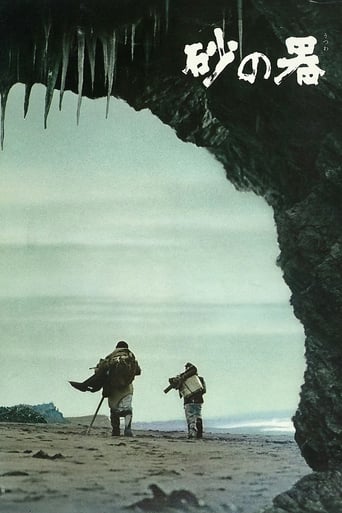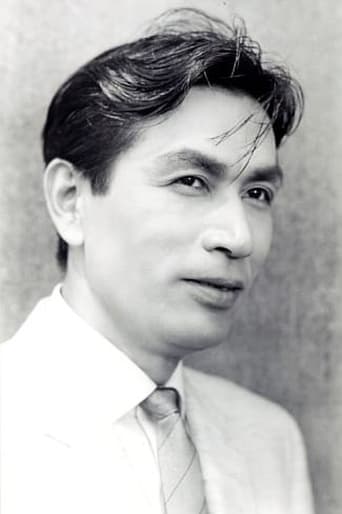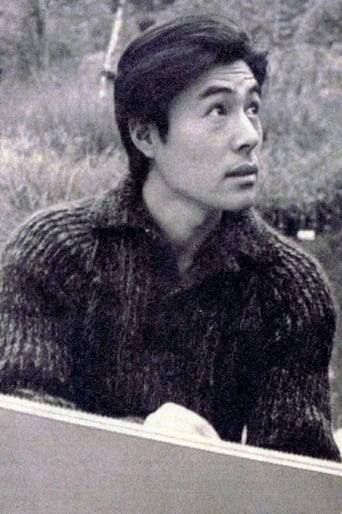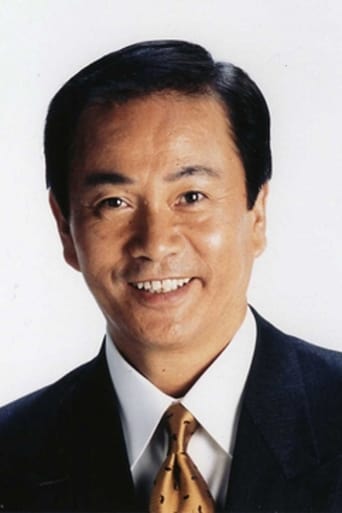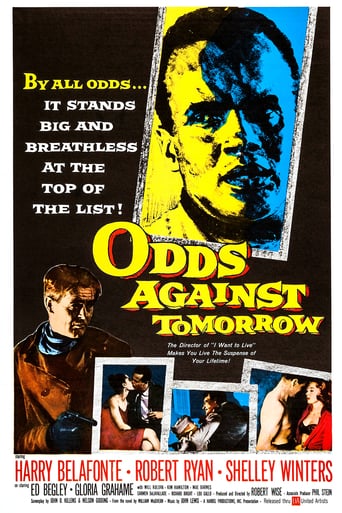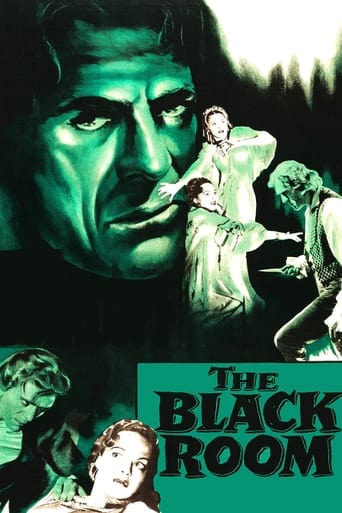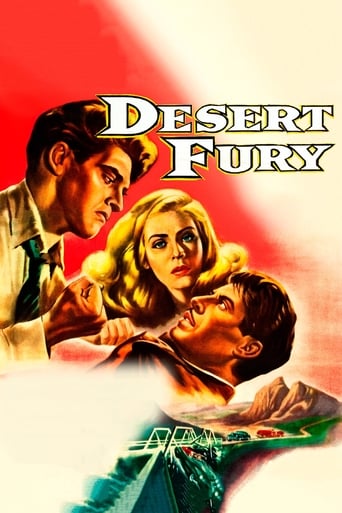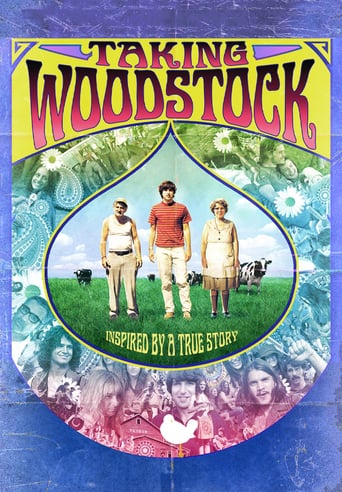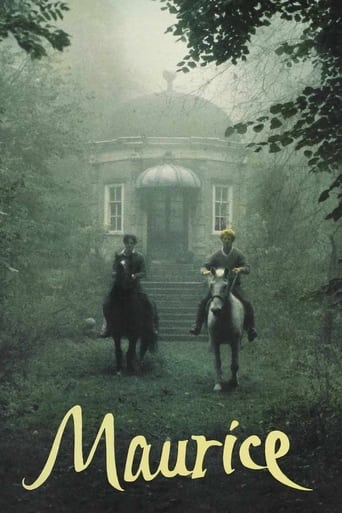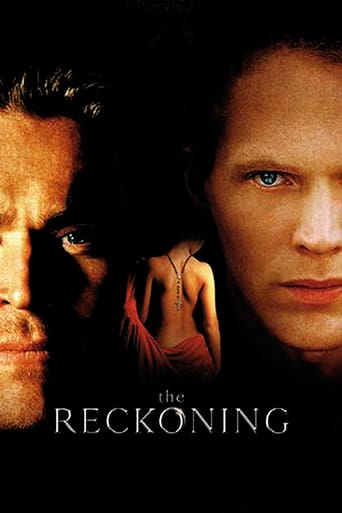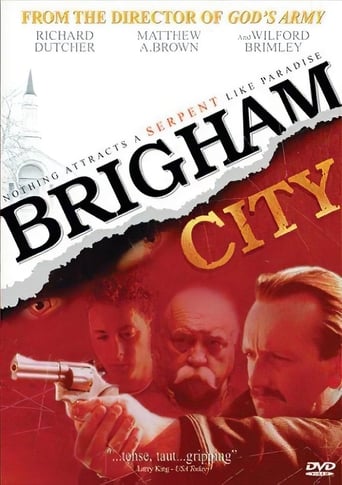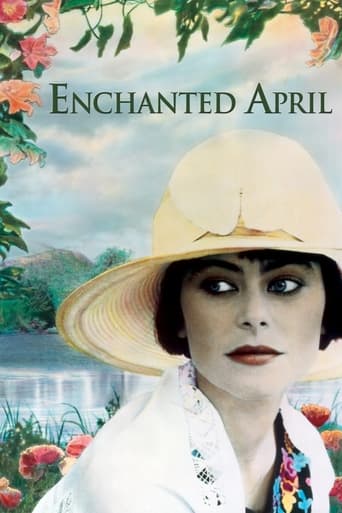The Castle of Sand (1974)
Two detectives are tasked to investigate the murder of an old man, found bludgeoned to death in a Tokyo rail yard.
Watch Trailer
Free Trial Channels
Cast


Similar titles
Reviews
Bad Acting and worse Bad Screenplay
There's no way I can possibly love it entirely but I just think its ridiculously bad, but enjoyable at the same time.
There are moments that feel comical, some horrific, and some downright inspiring but the tonal shifts hardly matter as the end results come to a film that's perfect for this time.
Story: It's very simple but honestly that is fine.
I just finished The Castle of Sand and could not wait to write down how I feel. It is such a classic and so rich in the Japanese culture that I need to share soonest. A suspense murder story on the surface, The Castle of Sand explores the theme of destiny and invites audience into this Eastern concept. It is full of irony which I will elaborate later. The film opened in a small town Northeast Japan, which quickly drew me to imagine how this little town would have looked like before the tsunami last March and how it is recovered now. But it quickly shifted focus to other clues of a murder case which took detectives Imanixi and Yoshimura (Tetsurou Tanba and Kensaku Morita) all over Honshu to search for further details. We were taken on a journey to travel with them to the beautiful Japanese countryside and experience their hospitality in the summer heat. By the way, Tetsurou Tanba was very sexy when he rolled up his sleeves and worked hard! The victim of the murder, Miki Kenji (Ken Ogata), a retired policeman who was loved by everyone in the village, had only done decent deeds all his life. No one believed he had any enemy but he was murdered and his body dumped in Tokyo. When detective Imanishi interviewed Miki's colleagues and friends, we almost see the famous Japanese poet/humanist/teacher Kenji Miyazawa alive: he saved a kid from the fire, carried a sick person to the hospital and sent a sick beggar to the hospital while taking care of his son. I believe the scriptwriters Shinobu Hashimoto and Yoji Yamada were paying tribute to Miyazawa for his humanism when he named this beloved policeman as Kenji who shared the same caring characters of the great writer.Without divulging too much of the plot, destiny was defined in the film as "being born and being alive" by one of the characters. This can be interpreted in both a positive and negative way – that we enjoy the moment we have and be thankful that we are alive, i.e. accept fate; or that as long as we were born, we have to try hard to stay alive and ahead at all costs. No matter which option we choose, our lives, or whatever we have accumulated, are like the castle of sand which might look magnificent for a while but it will eventually be crumpled and washed away. Therefore, all of our efforts are futile because our fate is already determined. Power, fame, wealth, even love, whatever we desire, will be gone – which is quite a Buddhist philosophy.What was ironic was the contrast between the friendly hospitality the detectives enjoyed and the sneers by the country people the leper father and his son faced as they roamed and begged all over the country. Another irony was in the second half of the film when the beautiful Japanese countryside in snow, under cherry blossoms, by the sea, and in the mountains was depicted with the roaming father and son struggling in the foreground. No dialogues were necessary (they are male and Japanese!). Yet the passionate piano concerto vividly portrayed their sadness, loneliness, abandonment and strong bonding. It was beautifully overlaid by the performance of the up and coming composer Eriyo Waga (Gou Katou) while he reflected painfully on his past.I have not read the original novel by Seichou Matsumoto and I intend to do so. Duration is 143 minutes but did not feel long at all because you will be full absorbed into the search, the enjoyment of the scenes and the sadness felt by each character. This film is a classic as the morals from the story remains valid today: the coldness and avoidance of the villagers to lepers/beggars remind me of the bullying of residents from the Fukushima area. Years pass, seasons change; scenery, prejudice, hospitality and solidarity stay. Ganbare, Nihon!
I just saw this movie for the first time last night at the Japanese Film Festival held in Melbourne. It was a re-mastered print and on the huge screen it was magnificent. The flashback scenes with the father and son set to the stunning musical score seemed like a completely different movie to what had preceded. But to me, final scenes are important - a skillful movie ending turns a good film into a great film. A bad ending turns an average to good film into a piece of rubbish. As far as Castle of Sand is concerned, what started out as an interesting detective story ended as a sweeping piece which left me walking out of the cinema thinking "That was incredible!!".Japanese cinema rarely fails to impress me. I keep discovering more and more gems, usually from years gone by when I was too young to experience them at the time.
The Film Society of Lincoln Center Presents A Special Retrospective of The 43rd New York Film Festival The Beauty of the Everyday: Japan's Shochiku Company at 110 September 24 October 20, 2005 This project is supported in part by an award from the National Endowment for the Arts, which believes that a great nation deserves great art. This year's New York Film Festival Retrospective The Beauty of the Everyday: Japan's Shochiku Company at 110 is virtually a pocket history of Japanese cinema. While some fifteen of the forty-five films in the retrospective are devoted to Japanese filmmaker masters, such as Ozu, Naruse, and Mizoguchi, more than two dozen of the films are by directors far less well-known in the West. The Castle of Sand / Suna no Utsuwa Yoshitaro Nomura, 1974; 140m Two detectives, Imanishi and Yoshimura, are assigned to the murder of a 60-year-old man whose body was found dumped in a railroad yard. It turns to be that of a former policeman, Miki; the murder now seems even more mysterious, as Miki was well liked by all and had been on holiday when he was killed. The detectives visit all the places to which Miki has traveled, with little luck, but then they read an account buried in a lengthy report of how Miki years before had befriended a destitute, leprous man and his young son. Amazingly, that boy had grown up to become Eiryo Waga, a rising star in the music world. Could such an eminent figure have anything to do with the murder? Sadly, Yoshitaro Nomura passed away this past April; for years one of Shochiku's most popular and reliable directors, he worked successfully in a variety of genres but especially made his mark with The Castle of Sand, based on a best-selling novel. A real delight, the film contains many of the classic features of the detective film the pairing of a veteran and a rookie, the investigation as a voyage of discovery, wonderfully eccentric supporting characters but under Nomura's sure direction they take on a whole new life. ONLY ONE Screening: Sun Sept 25: 9:00pm
At first, I thought this was going to be a standard murder-mystery story. A police detective doggedly pursues slim clues all over the map to find a murderer. However, when the events which led up to the crime are revealed through flashbacks, the story takes an emotional turn which even brings tears to the detective's eyes. Like most Japanese movies, it starts slowly but comes alive at the end. I recommend it.

